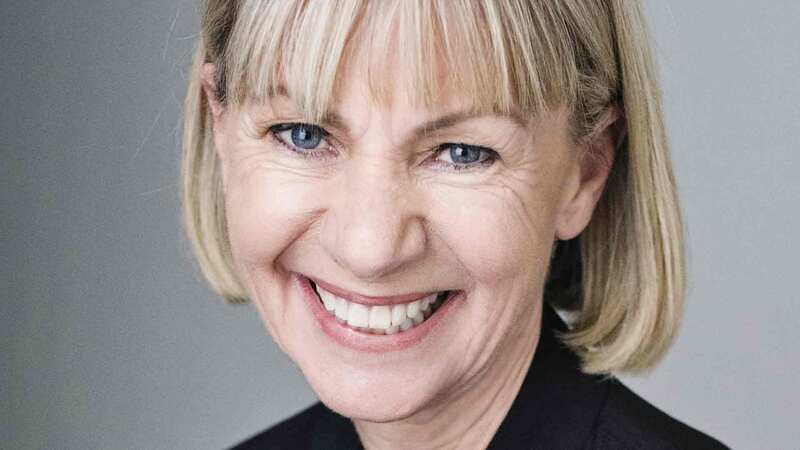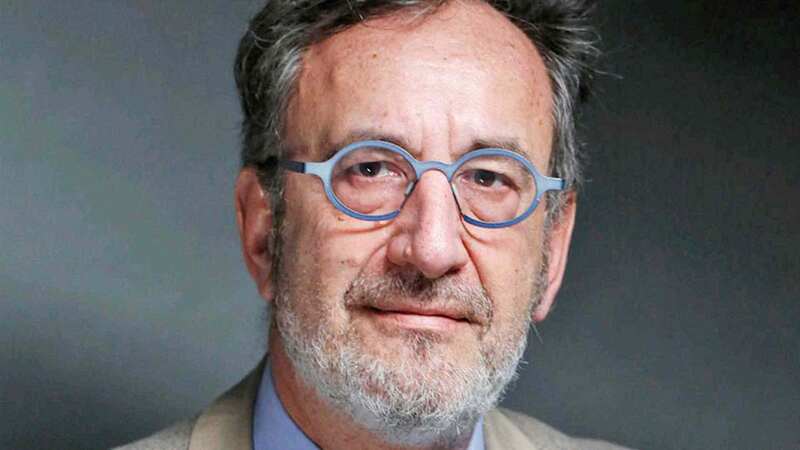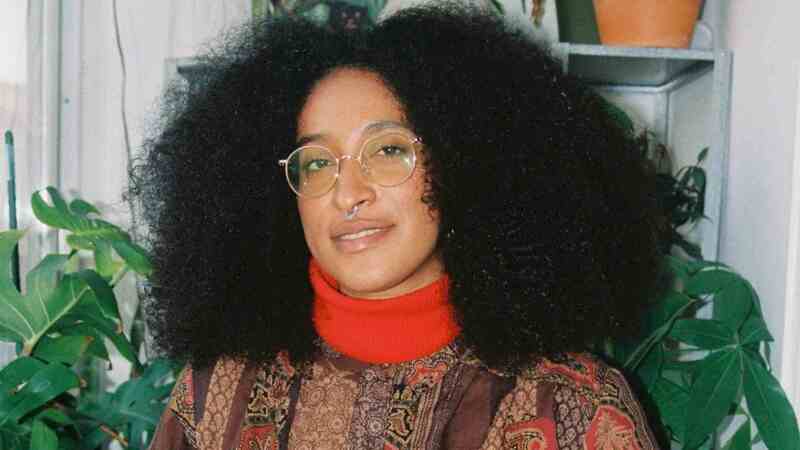You are viewing your 1 free article this month. Login to read more articles.
Shamsie, Hamid and Mukherjee shortlisted for $25k DSC Prize for South Asian Literature
Kamila Shamsie, Mohsin Hamid and Neel Mukherjee have all been shortlisted for the DSC Prize for South Asian Literature 2018 worth $25,000 (£19,200) from a record number of entries.
The prize, now in its eighth year, revealed its six-strong shortlist at a special event at the London School of Economics and Political Science (LSE) on Wednesday evening (14th November). Accompanying the announcement was a panel discussion on the importance of literary prizes, moderated by the Guardian's Claire Armitstead, with Alexandra Pringle, editor-in-chief of Bloomsbury Publishing, and author Sathnam Sanghera.
Based in the UK, Shamsie was shortlisted for her Women's Prize for Fiction-winning novel Home Fire (Bloomsbury). The book, a modern update of Sophocles’ Greek tragedy "Antigone", follows the differing paths of three British-Pakistani siblings, one of whom leaves for Syria with a recruiting agent for Isis. Hamid is in the running for his fourth novel, Exit West (Hamish Hamilton), a book that was shortlisted for 2017's Man Booker, and which Barack Obama counted among his top 10 reads of 2017. Its plot features a couple who use doors to move between other cities, other countries and other lives. Exploring themes of alienation and migration also, Mukherjee has been recognised for his book set in contemporary India, A State Of Freedom (Chatto & Windus).
Joining them on the shortlist for the prize worth $25,000 (£19,200) are authors Jayant Kaikini for No Presents Please, translated by Tejaswini Niranjana (Harper Perennial), a set of short stories offering vignettes of Mumbai city life; Manu Joseph for her third novel Miss Laila Armed And Dangerous (Fourth Estate), a satire and thriller set in the world of Indian politics; and Sujit Saraf for Harilal & Sons (Speaking Tiger), a sweeping novel based on the life of the author's grandfather.
The shortlistees were selected from a record 88 entries, which according to organisers included "stunning portrayals of migration, war and the pain of displacement, poignant love stories, the exploration of new found relationships and identities, and vivification of the personal struggles, hopes and aspirations that symbolize the urgent and divisive realities of contemporary South Asian life". Close to a quarter of the submissions came from publishers based beyond South Asia, including countries such as the UK, USA, Canada, Australia.
The entries were judged by an international panel including Armitstead, as well as history professor Rudrangshu Mukherjee in the role of jury chair; author Nandana Sen; Tissa Jayatilaka, who was the executive director of the United States-Sri Lanka Fulbright Commission; and Firdous Azim, professor of English at BRAC University, Bangladesh.
Mukherjee said: "Being the chair of the jury of the DSC Prize has been one of the most enriching experiences of my life. I say this for two reasons. One is the sheer intellectual excitement of reading, evaluating and discussing these works of fiction. The other is the interactions I had with my four colleagues on the jury. I know I learnt an enormous amount from all of them and for this I am profoundly grateful to all of them. Evaluating these books reminded me once again of the importance of reading in human lives."
Commenting on the shortlist, Surina Narula, co-founder of the DSC Prize, added: "My heartfelt thanks and commendations to the jury panel for the detailed deliberations over the last few months, and coming up with such a good shortlist. The longlist announced last month was an impressive list, it must have been a challenging task for the jury to bring this down to a shortlist of six books. The shortlist represents the very best of South Asian fiction writing, and the depth, creativity and unique narrative of each of these novels is indeed both impressive and inspirational. My congratulations to each one of the shortlisted authors and translator and I wish them the very best for the final award ceremony."
The winner will be announced at an award ceremony at the Tata Steel Kolkata Literary Meet in January next year.

















